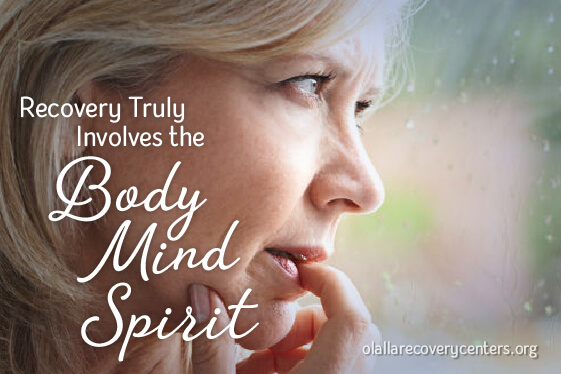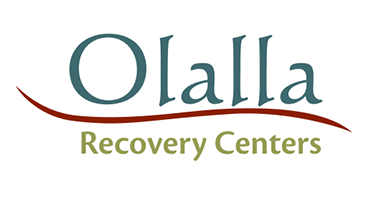
25 Oct Choosing the best treatment option for substance abuse
If you are looking for a substance-abuse treatment program for yourself or a loved one, know that not all treatments are the same. While they have their same end goal — helping a person recover from drug or alcohol addiction — there are different approaches to treatment and the modalities will vary.
Some methodologies are less effective and may not be successful in the long term. Before you commit to a program, it’s important to understand the differences and how they can affect the outcome.
Common treatment types include:
- Counterconditioning — Known as aversion therapy, counterconditioning is based on how the brain processes stimuli, both neurologically and physiologically. The idea is to eliminate cravings by changing how the brain processes signals to memories related to drugs and alcohol. While counterconditioning may be effective for treating the original problem, it’s not sustainable in the long term. Often times, the underlying causes of addiction are not addressed, and the affected individual moves on to a different type of substance abuse.
- Trauma-based approach — This is based on the link between past traumatic events or PTSD and substance abuse, since many people turn to alcohol or drugs in response to traumatic experiences that may go as far back as childhood. A trauma-informed treatment program typically helps patients to learn coping skills for traumatic experiences and behavioral techniques for preventing a relapse.
- Therapeutic community — A program focused on the person’s resocialization, the therapeutic community approach views addiction as part of social and psychological deficits of the individual. Modalities center on developing the individual’s personal responsibility and accountability, and on creating a productive life.
- Holistic program — A holistic program may integrate modalities and methods from some of the other treatment styles, but it goes beyond those because it looks at the addicted person as a whole. Holistic programs integrate modalities and activities that address not only biological and psychological aspects of addiction but also spiritual. This is the most comprehensive and sustainable way of treating drug and alcohol addiction because recovery truly involves the body, the mind and the spirit.
Olalla Recovery Centers’ inpatient program takes the holistic view of substance addiction. In addition to structured activities such as group therapy, education and counseling meetings, we provide patients with opportunities to become spiritually strong and we give them the tools to change their entire lifestyle.
Our curriculum offers a strong, integrated model that combines cognitive/behavioral-based approaches, an introduction to the 12-step philosophy (as well as other recovery models), physical healing and Native American spiritual traditions — mind, body, and spirit.
Patients get many opportunities to self-reflect and meditate, as well as engage in healing ceremonies such as the spiritual circle and medicine wheel. They have access to holistic modalities such as yoga, reiki and acupuncture; engage in physical recreation activities like basketball; and participate in nutrition education classes.
Additionally, Olalla Recovery takes a trauma-informed approach and recognizes that many individuals have turned to substance use as a way of coping with past trauma or current stress, anxiety, depression and a multitude of other issues. We offer skill-based programming to help people learn to cope with these issues without the use of substances.
Evaluating programs
The National Institute and Drug Abuse lists some of these key principles of effective treatment programs:
- Addiction is a complex but treatable disease that affects brain function and behavior.
- No single treatment is right for everyone.
- Staying in treatment long enough is critical.
- Counseling and other behavioral therapies are the most commonly used forms of treatment.
- Treatment plans must be reviewed often and modified to fit the patient’s changing needs.
As you’re evaluating programs for yourself or your loved one, consider not only what the inpatient experience offers but also how the modalities used will serve to build a foundation for long-term success. The treatment program is only the first step in recovery. If you don’t “graduate” with a comprehensive set of tools that will keep you physically, emotionally and spiritually strong, avoiding relapses will be much more difficult.


